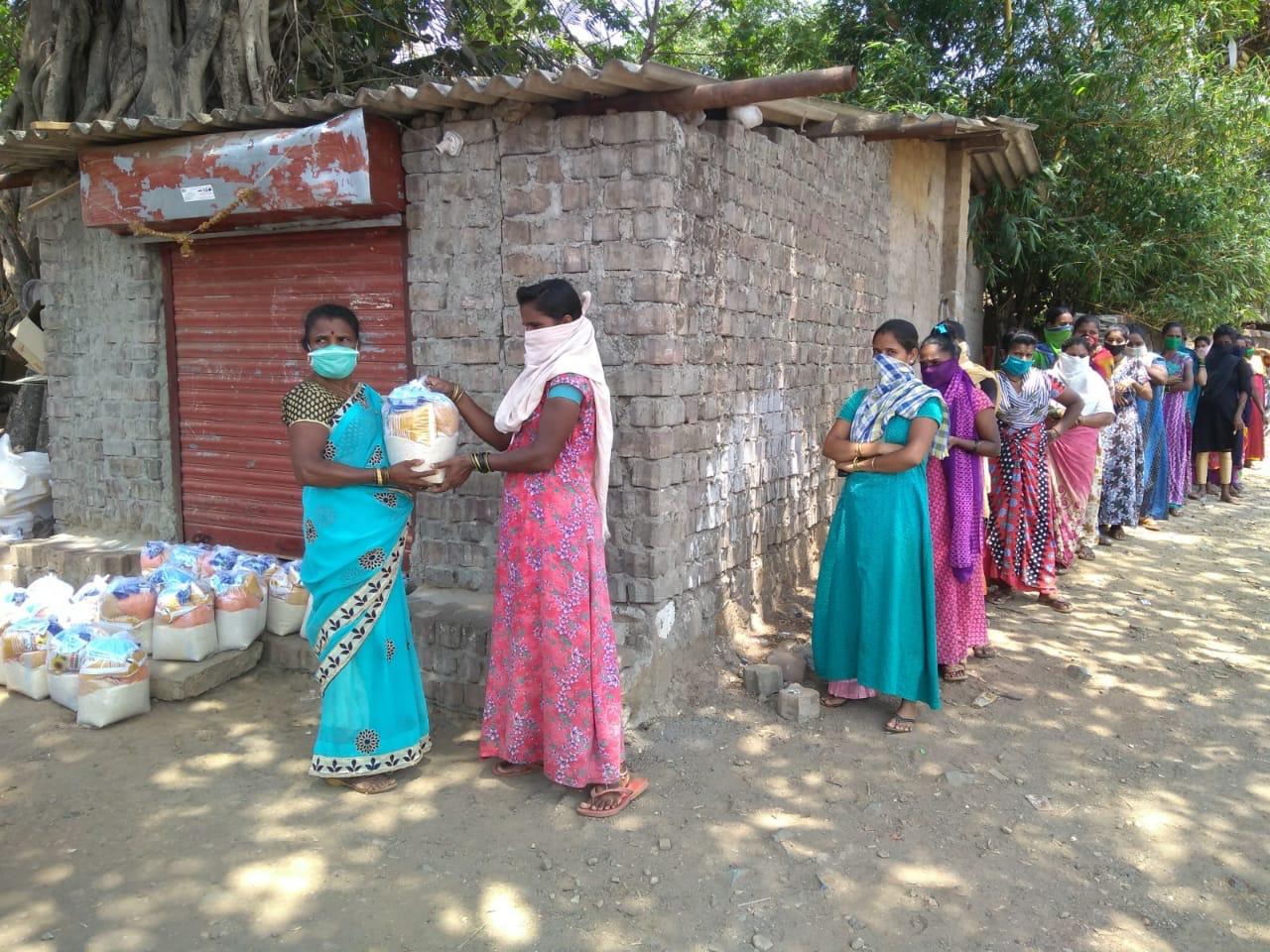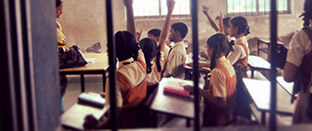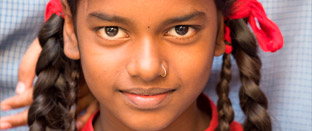WHAT WE DO

BASIC NEEDS
COVID-19 Community support
The COVID-19 pandemic has had consequences at many different levels in the most disadvantaged communities. This project addresses cross-cutting issues, such as the prevention of gender-based violence and care for the environment. While these approaches are present in all our actions, here we address them so that the communities we work with can face the difficulties generated by the pandemic in a more comprehensive way.
Information on COVID-19
The preschools, during the period in which the students have been following the classes remotely, have been information points for the communities. Always by appointment and complementing the action of the authorities, we have offered basic information on the disease, forms of transmission, protocols for action and distributed masks.
The Smiling Bus also served as a mobile information point on COVID-19, providing leaflets and graphic material, and distributing masks.
Prevention of male violence
Our teams detected that during the confinement there was a significant increase in male violence, so we decided to implement specific actions to fight against this scourge. We have carried out information and sessions for raising awareness in the communities, explaining what gender-based violence is, how to identify it and how to report it. We have also offered legal support in specific cases, in coordination with other entities and organisations.
Raising awareness for Recycling
This activity was developed in response to the need to incorporate actions to promote environmental awareness, partnering with a local private company dedicated to recycling. In the first phase, communities in the Govandi area (Sathe Nagar, Cheda Nagar and Deonar) have been covered, and later the Aarey Colony area. The action consists of the installation of small bins which are emptied twice a month by the partner company. Informative talks are also implemented.
Ration cards
As a result of the confinement, ration cards were imposed during the pandemic. Many Indian citizens are legally eligible for ration cards and entitled to receive food aid, but in many cases they do not apply for ration cards due to lack of knowledge or bureaucracy. This activity provides legal support to enable these people to obtain food aid and thus access public food aid programmes.









